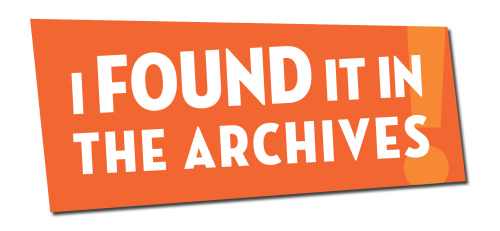
A Discovery Opportunity for Archives?
So why am I now suggesting that there maybe an opportunity for the discovery of archives and their resources?
Check out our new fixed price service to find out how your site is performing!

So why am I now suggesting that there maybe an opportunity for the discovery of archives and their resources?
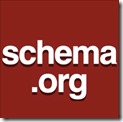
Part of my efforts working with Google in support of the Schema.org structured web data vocabulary, its extensions, usage and implementation, is to introduce new functionality and facilities on to the Schema.org site.
I have recently concluded a piece of work to improve accessibility to the underlying definition of vocabulary terms in various data formats, which is now available for testing and comment.
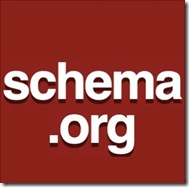
I spend a significant amount of time working on the supporting software, vocabulary contents, and application of Schema.org. So it is with great pleasure, and a certain amount of relief, I share the release of Schema.org 3.1 and share some hidden gems you find in there.
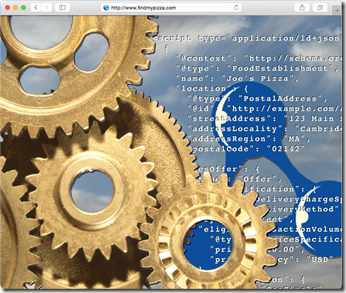
Let me explain what is this fundamental component of what I am seeing potentially as a New Web, and what I mean by New Web.
This fundamental component I am talking about you might be surprised to learn is a vocabulary – Schema.org.
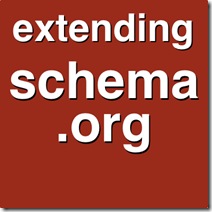
OK. You have read the previous posts in this series. You have said to yourself I only wish that I could describe [insert you favourite issue here] in Schema.org. You are now inspired to do something about it, or get together with a community of colleagues to address the usefulness of Schema.org for your area of interest. Then comes the inevitable question: Where do I focus my efforts – the core vocabulary or a Hosted Extension or an External Extension?

Having covered the working environment; I now intend to describe some of the important files that make up Schema.org and how you can work with them to create or update, examples and term definitions within your local forked version.

I find myself in New York for the day on my way back from the excellent Smart Data 2015 Conference in San Jose. It’s a long story about red-eye flights and significant weekend savings which I won’t bore you with, but it did result in some great chill-out time in Central Park to reflect on the week.
In its long auspicious history the SemTech, Semantic Tech & Business, and now Smart Data Conference has always attracted a good cross section of the best and brightest in Semantic Web, Linked Data, Web, and associated worlds. This year was no different. In my new role as an independent working with OCLC and at Google.
I was there on behalf of OCLC to review significant developments with Schema.org in general – now with 640 Types (Classes) & 988 properties – used on over 10 Million web sites.

A bit of a profound question – triggered by a guest post on Museums Computer Group by Nick Poole CEO of The Collections Trust about Culture Grid and an overview of recent announcements about it. Broadly the changes are that: The Culture Grid closed to ‘new accessions’ (ie. new collections of metadata) on the 30th April The existing index and API will continue to operate in order to ensure legacy support Museums, galleries, libraries and archives wishing to contribute material to Europeana can still do so via the ‘dark aggregator’, which the Collections Trust will continue to fund Interested parties …

About a month ago Version 2.0 of the Schema.org vocabulary hit the streets. But does this warrant the version number clicking over from 1.xx to 2.0?

This post is about an unusual, but very useful, aspect of the Schema.org vocabulary — the Role type.